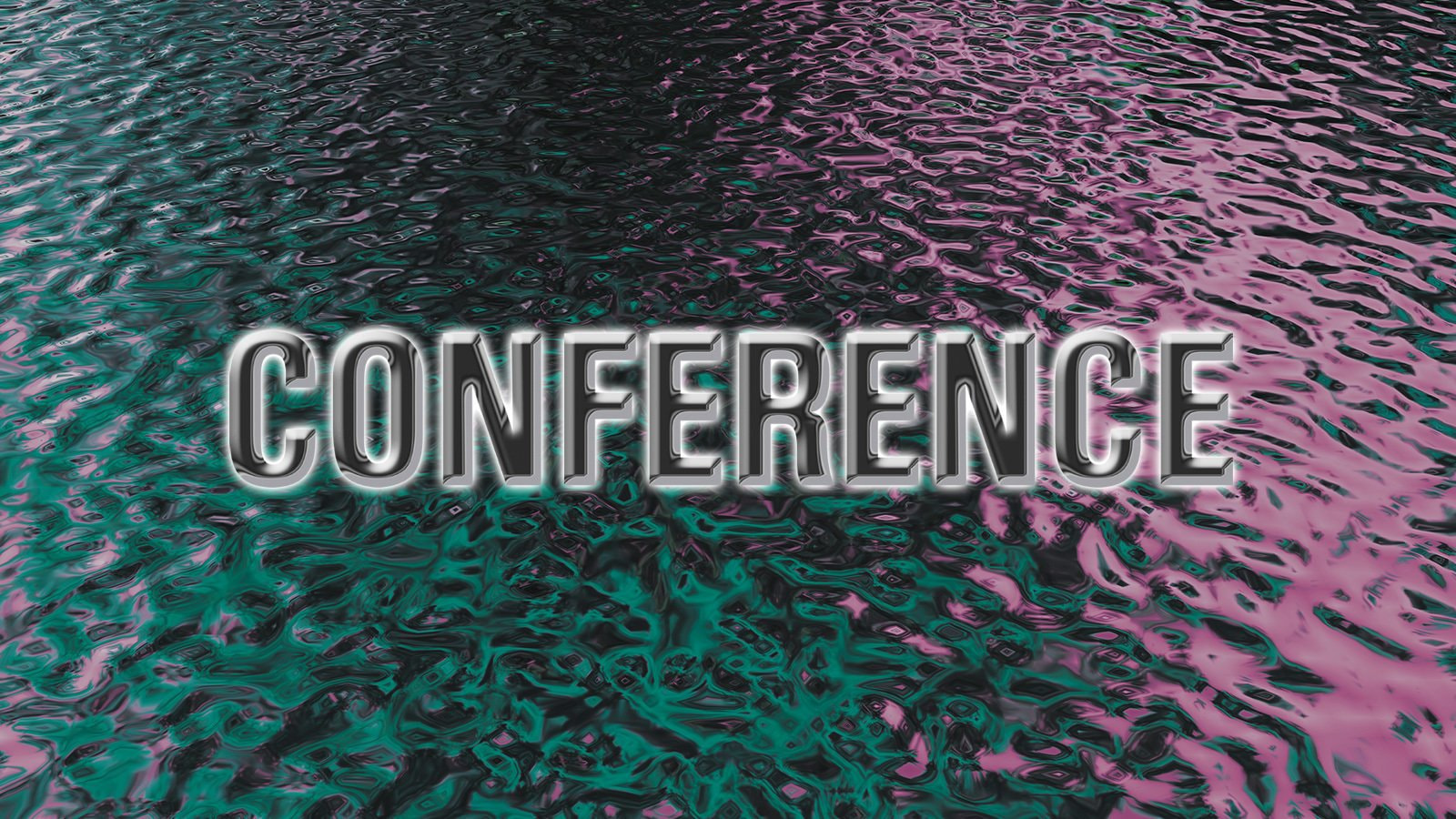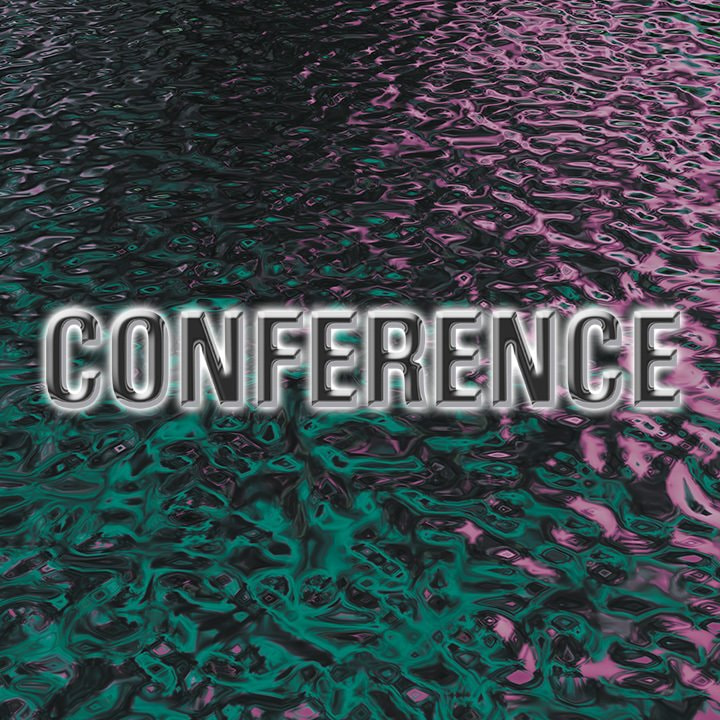On July 17, Garage will hold a one-day conference involving leading specialists in new media and researchers on the digital environment. The questions posed in the course of the day will include the interrelationship between current developments in technology and artistic practices, and how they may affect artists’ choices of method and media.
IAM: Episode II. Conference
HOW TO TAKE PART
Free admission with advance registration.
The conference will be accessible for deaf and hard of hearing visitors.
The conference will be in English and Russian with simultaneous translation.
Schedule
Introduction by Senior Curator Katya Inozemtseva
Anne Dencker Bædkel. Let’s talk about the future
The future is one of the hardest things to talk about and communicate without bias We all have preconceived notions and ideas about the future, but if you want to share your vision of the future and engage others in creating a common framework for talking about the future we have to make the implicit futures within us into explicit futures that other people can understand.
Lev Manovich. AI, aesthetics, and the future of taste
The original vision of AI (1950s) was about automation of cognition. But today AI also plays a crucial role in culture, increasingly influencing our choices, behaviors, and imagination.
Vlad Strukov. Augmented realities and extended selves: conceptualizing the future museum
In the twenty-first century museums and biennales of contemporary arts have become mainstream, rapidly colonizing diverse spaces in the world. For example, in 2018 Riga (Latvia) and Bangkok (Thailand) will hold their first biennales, thus achieving the objectives of developing the country’s symbolic economies and building the cities’ brands. Digital media assist global cultural exchanges, linking artistic communities and reaching out to audiences worldwide.
Dragan Espenschied. Preserving Performative Media
Digital art and net art are one of society's most at-risk materials: from a single GIF animation to complex networked ensembles, anything happening inside a computer is basically a performance depending on a technical and cultural context. Traditional memory institutions have been struggling with finding the right processes for making these performances re-callable.
Oksana Moroz. Do you agree to digital immortality?
Humans have always approached death with barely concealed horror, fear or piety. With the development of modern technologies, however, we are getting nearer to defeating death altogether. And it is not biohacking or cryonics that I promote as relevant methods of fighting against the physical decay.
Pavel Pack. AI for all!
One of Google’s key principles implies the development of open platform solutions aimed at making technologies fully accessible to the widest user audience. The same idea of creating accessible advancements in the field of artificial intelligence is successfully adopted by contemporary art, which artists and theorists alike may have witnessed.

